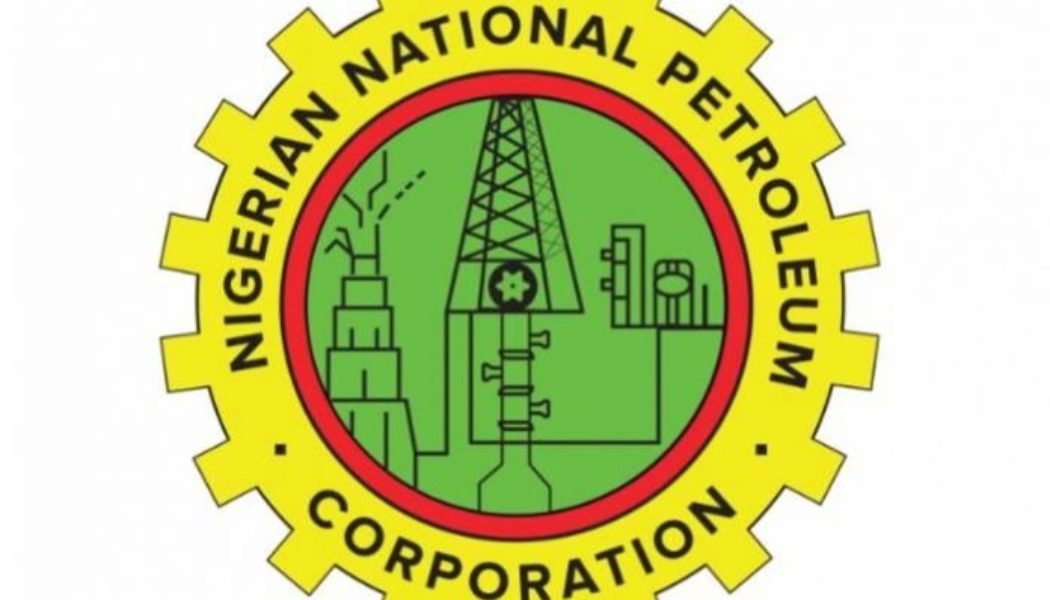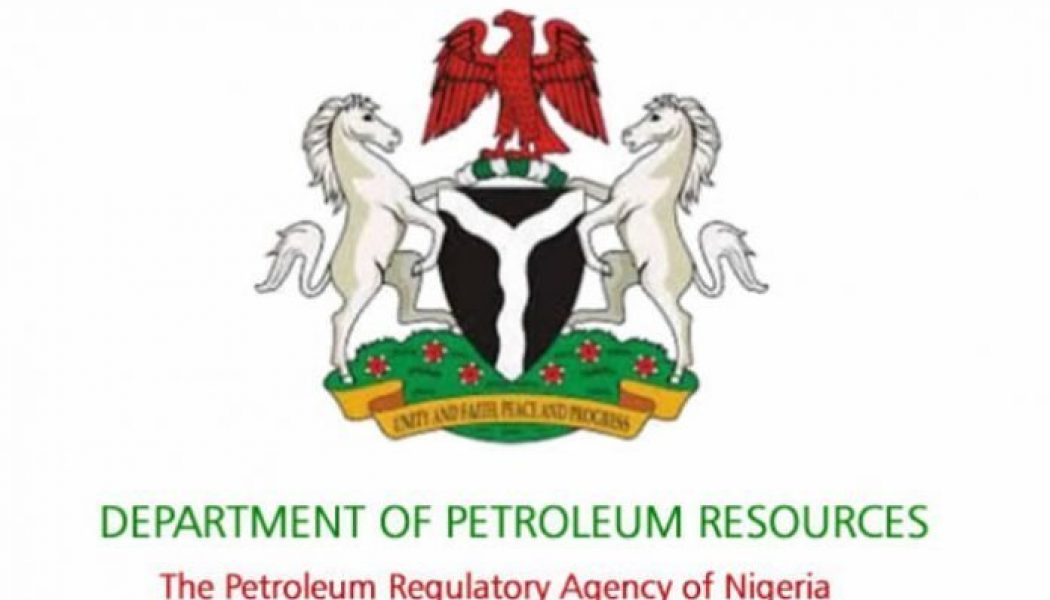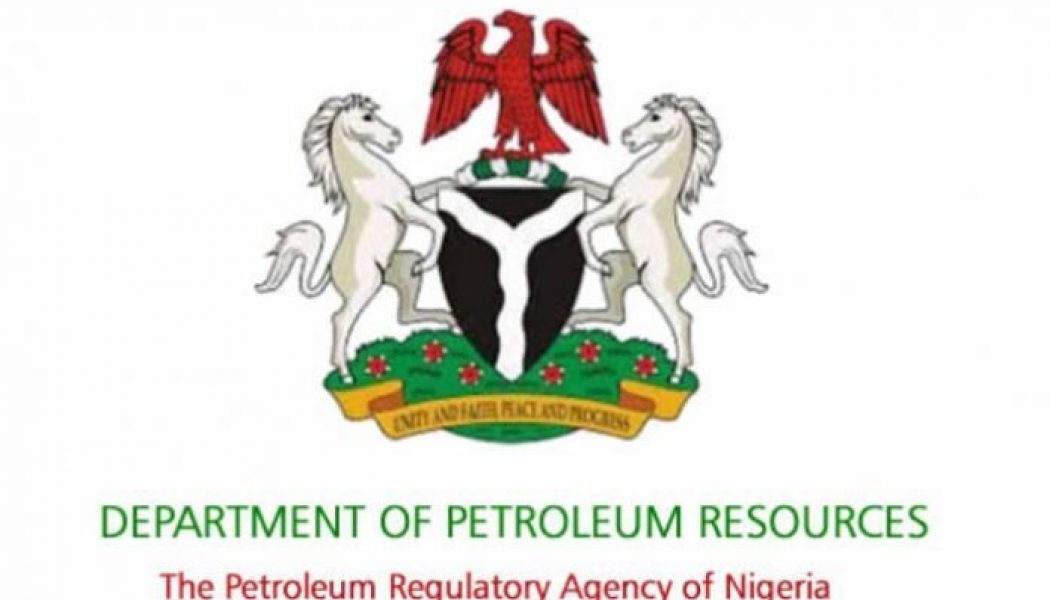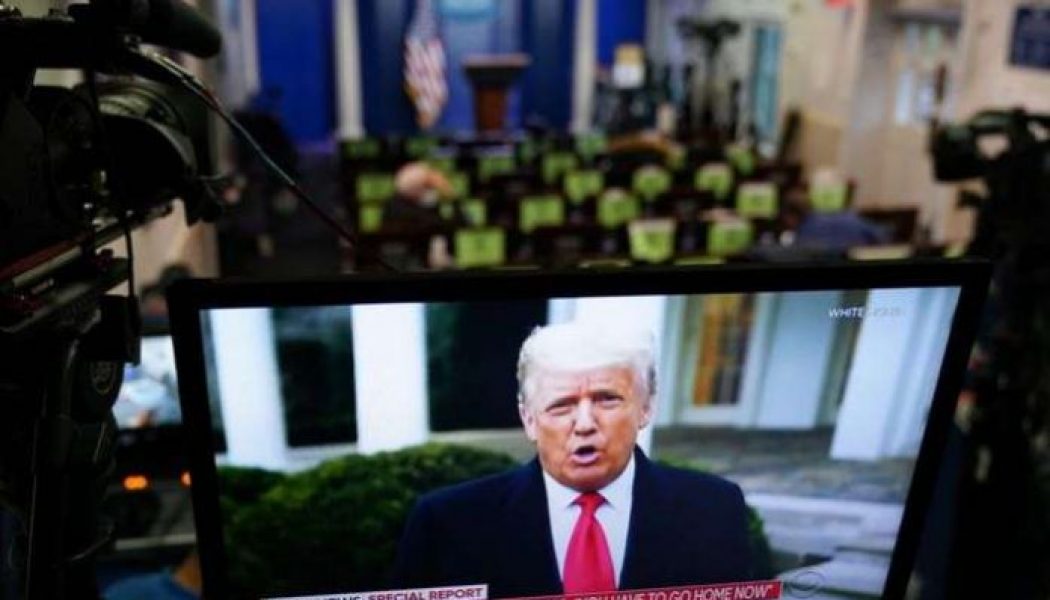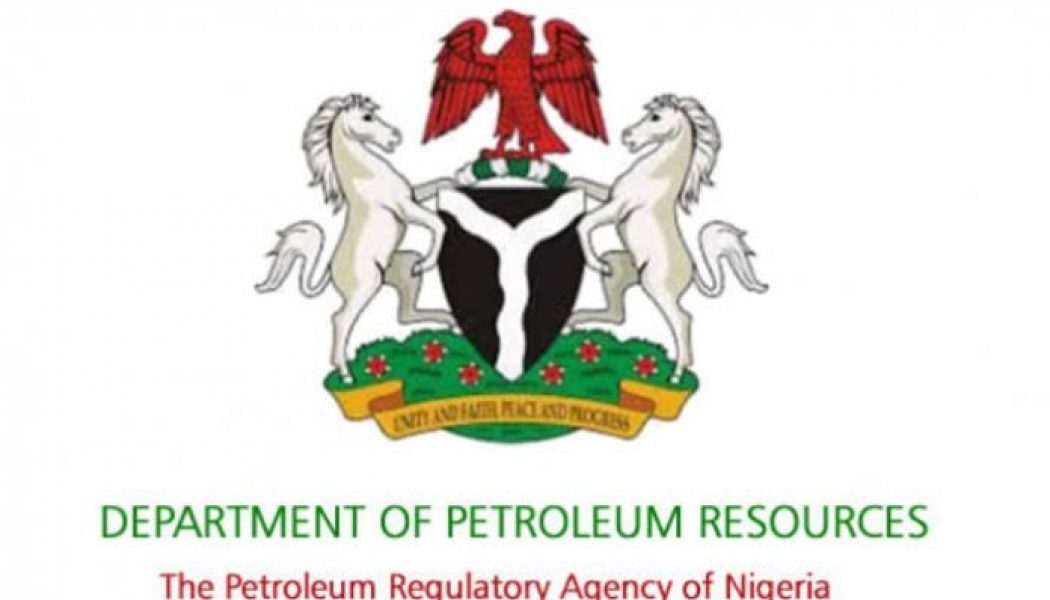Outlets
DPR allays fears of fuel scarcity during easter
File Photo Ahead of the Easter festival coming up by the end of March, the Department of Petroleum Resources (DPR) has reassured Nigerians that there will be no fuel scarcity, urging them to desist from panic buying. It also stated that government has put a formidable policy in place to ensure free flowing supply and distribution of petroleum products during the festivity. Addressing journalists after going round on routine surveillance to monitor and ensure that all retail outlets are complying with the recommended price of between N162 to N165 per litre, the Jos office Operations Controller of DPR, Mr. Stanley Ngene, said: “I can assure you that every necessary precaution is being taken by the government to ensure that we do not go back to the days of fuel scarcity.” Ngene said that the ...
DPR to upgrade downstream petroleum sector operations
File Photo The Department of Petroleum Resources, DPR, Tuesday, disclosed that it plans to upgrade operations in the downstream petroleum industry, leveraging on its ongoing automation process. In a statement in Abuja, Director/Chief Executive Officer of the DPR, Engineer Sarki Auwalu, stated that the upgrade would be to global standards and would be driven by its deployment of improved technology. Auwalu, who was speaking at a virtual meeting with members of the Major Oil Marketers Association of Nigeria, MOMAN, in Abuja, noted that the DPR was currently deploying appropriate technology to enhance value for operators and investors alike in the downstream sector . Specifically, Auwalu explained that the DPR had concluded plans to launch the Downstream Remote Monitoring Systems, DRMS, an in...
DPR shuts down seven filling stations in Rivers
File Photo The Department of Petroleum Resources (DPR) says it has closed seven Liquefied Petroleum Gas (LPG) retail outlets in Rivers for operating without valid licences. Bassey Nkanga, Zonal Operations Controller of the agency, made the disclosure during a meeting with Petroleum Products Marketers Association and Petrol Tankers Drivers Union (PTD) on Friday in Port Harcourt. Mr. Nkanga said the enforcement of safety requirements/sanction against violators became necessary to support effective regulation in the downstream sector. “We are in a very peculiar season, the harmattan season when fire incidents usually occur at filling stations. This challenge had, in most cases, occurred as a result of avoidable mistakes, hence, the need to step up safety consciousness amongst stakeholders in ...


